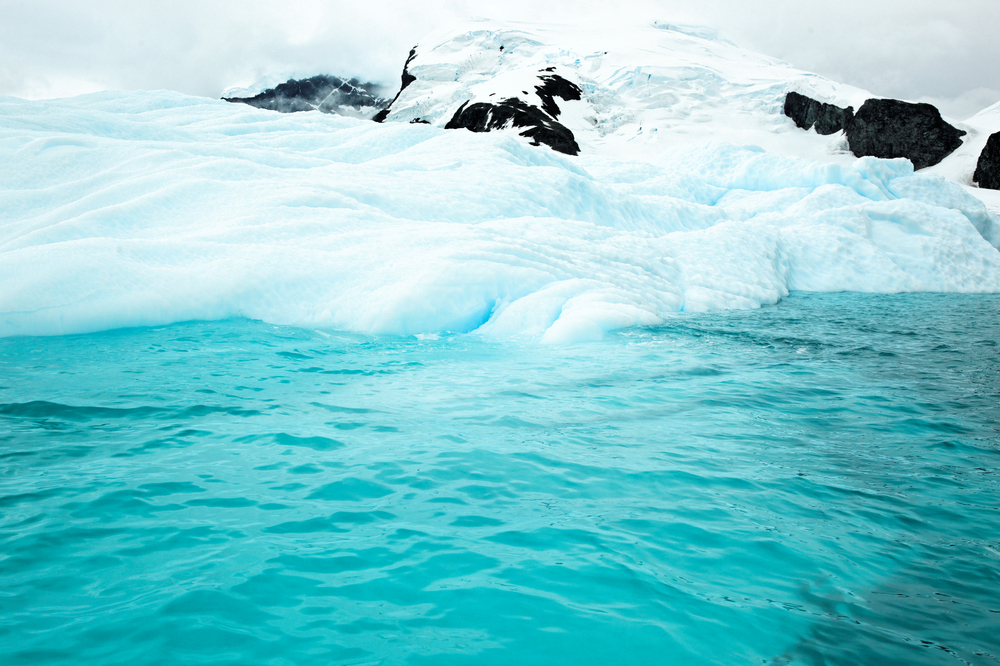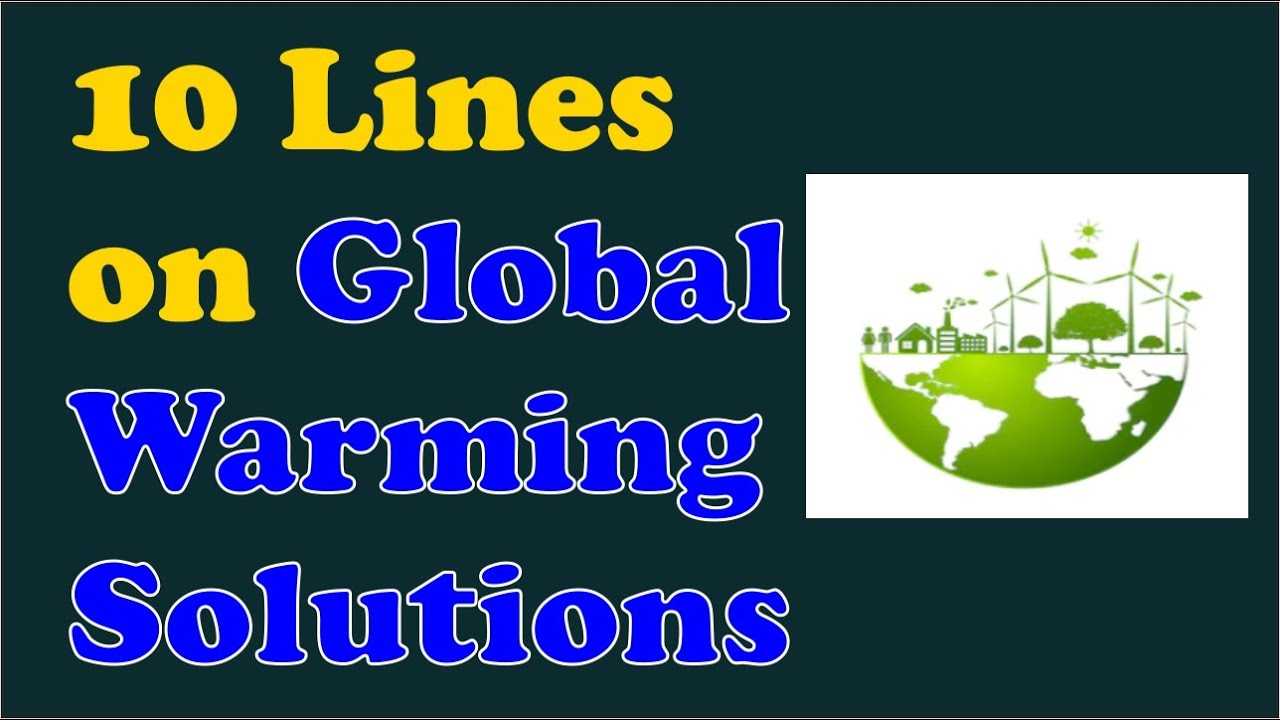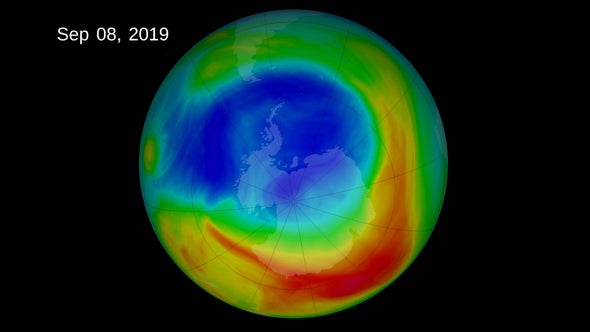
The State of Global Climate 2021 report was released by the World Meteorological Organization (WMO). This comprehensive report on climate changes in 2021 provides data on indicators of climate change and details about the global impacts of climate change. It also discusses the roles and responsibilities organizations play in managing climate changes.
According to the report the world will continue to heat at an alarming rate in the 21st century. The average global temperature is expected to increase by 1.5-2 degrees Celsius. These warming rates will continue and coral reefs could be completely submerged by sea level rise before the end of this century. Additionally, increasing temperatures will likely result in more heat waves or droughts.

This report is part of a series of reports prepared by the WMO. These reports provide policymakers with authoritative climate information. These reports are based six international data sets and draw on the expertise of a global network of experts.
Many areas experienced extreme weather events throughout the year. These included droughts, floods and heatwaves. The impact of these events on lives and communities was immense. These events caused hundreds of billions in economic losses, and resulted in thousands of homeless people. Some countries were harder hit than others like Pakistan and Haiti.
Despite these devastating effects, there was still hope in the report. Most Parties that submitted their updated Nationally Determined Contributions to (NDCs), increased their commitment to reduce greenhouse gases emissions to levels below those of preindustrial times. The current commitments will result in an increase by 13.7% by 2030.
The WMO report emphasizes the importance of systemic action. According to the report, if countries meet their long-term targets, greenhouse gas emissions could be reduced by 68% by 2050.

This report focuses on the effects of climate change on ecosystems as well as human health. If global temperatures continue to rise at 2 degrees Celsius coral reefs will experience a decrease of over 99% in their coverage. Watersheds will be subject to pluvial floods. These floods are caused by severe rainfall.
There are other impacts that are not directly attributed to climate change. For example, many cities are still reliant on fossil fuel subsidies, which amount to $11 million per minute. But the IPCC has found that mismanagement of water sources may lead to increased rainfall and intensification of extreme rainfall.
UN Climate Change Report has one main purpose: to determine how countries will transition to net-zero emission by mid-century. 24 Parties filed new NDCs over the last year. Although most parties have increased their ambition, many have yet to set a clear plan for meeting their long-term commitments.
The report serves as a strong reminder of the need to urgently reduce carbon emissions. But there are still uncertainties about how the climate will change over the next decades. There are many net-zero targets still undefined.
FAQ
Is there any potential for new technologies that address climate change?
The potential of new technologies to address this global challenge is vast. We can now transition to a more sustainable tomorrow by utilizing renewable energy sources such as solar, wind and geothermal, as well energy storage systems like thermal tanks or battery packs.
For lowering greenhouse gas levels, there are new carbon capture and sequestration methods. In addition to reducing emissions from livestock and soil degrading, enhanced agricultural practices can help reduce them. Smart grid technology is also possible to be integrated into existing power infrastructure, resulting in an efficiency boost. Furthermore, improved building design can help decrease energy consumption.
The latest synthetic biology methods allow scientists to create organisms that can use green sources of fuel like the CO2 laser as biofuels or alternative feedstocks. This could make transportation more efficient if the market moves away from petrol-powered vehicles and towards zero-emission electric cars that are powered by clean energy.
Finally, increased investments in digital technology or AI can provide people with more information on their ecological footprints across borders. This will allow them to make more informed decisions regarding their consumption habits. Understanding our role in carbon production will allow us to all be better stewards for our planet.
What can we do to limit or mitigate the impacts of climate change?
There are many things you can do to lessen and mitigate the consequences of climate changes. These include reducing greenhouse gases emissions by using better energy practices and other sources of electricity, improving land management, protecting forests and wild places, protecting against extreme weather, investing in sustainable transport, strengthening early warning system for disasters, starting a research programme on the impact climate change has on biodiversity and ecosystems. Also investing in green technologies like solar cells or wind turbines, encouraging sustainable consume habits, and implementing environmental regulations across all segments of society. It is important to increase public awareness about climate change as it makes people feel accountable for their actions.
What is the impact of land use change and deforestation on climate change?
Deforestation, land use change and other factors have an immediate and direct impact on climate. Carbon dioxide, which is the most important greenhouse gas on Earth, can't be absorbed by trees if they are removed or burned. Carbon dioxide is therefore less removed from the atmosphere when trees are deforested or burned for agricultural purposes.
Changes in land use can release more greenhouse gases into our atmosphere. When forests are cleared for livestock production, the use of fertilizer and pesticides may lead to an increase in methane or nitrous oxide emissions. Clearing can also increase soils with high levels of carbon stored in them; these soils can be disturbed or turned over by farming activities and release more carbon dioxide into the atmosphere.
Deforestation and land-use changes can have a significant impact on regional air quality. For instance, smoke from burning events associated with deforestation has been linked to decreased visibility as well as health concerns such as asthma and other respiratory ailments. Because of the reduced amount of aerosol particles in our atmosphere, which scatter sunlight off the Earth's surface, these changes can have a cumulative impact on global climate.
The deforestation of land and the resulting changes in land-use have made a significant contribution towards increasing global greenhouse gas emission levels. These impacts have also had a negative impact on local air quality which has further contributed to climate change. If serious efforts to combat climate change are to occur, it should be a top priority to reduce these practices.
What does climate change politics have to do with global efforts to combat it?
Climate change is a hotly debated issue, which has led to a lot division among countries, governments, as well as individuals. Politics of different actors can have an impact on the implementation of climate change measures. It has been difficult to reach a consensus on the global effort to address this urgent environmental problem.
Most scientists agree that humans are causing climate change. This is why it is urgent to act. The politics surrounding these issues often undermines global cooperation which is needed to make effective progress in implementing sustainable energy practices, upholding regulations protecting natural habitats, researching viable technological solutions, and other climate change interventions.
In particular, various governments around the world are keen to protect their economic interests and enforce measures that would limit business activities as little as possible; this frequently conflicts with the regulations that experts recommend for addressing climate change in an efficient manner. Without strong international commitments and wide-spread international action, it can be very difficult for any individual state or group of nations to address climate change effectively through legislation.
Further complicating the process of reaching full agreement on how to deal with climate change is the differences in power dynamics. Countries with more economic power may appoint themselves to be represented on international bodies for negotiations about the environment. This can lead the to divisive discussions between the countries' interests and the collective interest. A number of potential side effects that could be caused by radical changes like geoengineering were also discussed at national and international levels.
A grassroots movement has also struggled against powerful opposition, including corporate ownerships as well-funded lobbyists trying to keep their industries politically favorable. This is especially true when it comes funding research into alternative energy production and enforcing mandates for renewable energy technology. Individual governments need to be clear about the potential rewards and outcomes of making valid progress on the issue. They cannot seek short-term spectacles or gains to gain public support.
If we are to achieve a coordinated effort to address our current environmental crisis, it is crucial to properly distribute resources and be aware of political divisions among nations.
Statistics
- According to the 2014 report on Climate Change Impacts, Adaptation, and Vulnerability (page 8) from the United Nations Intergovernmental Panel on Climate Change, governments at various levels are also getting better at adaptation. (climate.nasa.gov)
- This source accounts for about 10% of all the water that enters this highly productive farmland, including rivers and rain. (climate.nasa.gov)
- Fossil fuel production must decline by roughly 6 percent per year between 2020 and 2030. (un.org)
- According to the 2014 report on Climate Change Impacts, Adaptation, and Vulnerability (page 8) from the United Nations Intergovernmental Panel on Climate Change, governments at various levels are also getting better at adaptation. (climate.nasa.gov)
- The 100 least-emitting countries generate 3 per cent of total emissions. (un.org)
External Links
How To
How to integrate sustainable practices into your everyday life to fight climate change
Reducing your consumption of energy and food is one way you can integrate sustainable practices into your day. Instead of buying new items every day or week, try shopping secondhand or borrowing items from friends and family members. In order to reduce the amount methane in the atmosphere, it is a good idea to eat vegetarian meals only once or twice per week. Also, conserve energy by turning off all lights in a room when you leave it.
You can also reduce the emissions from transportation sources such as cars, planes and trucks by using carpooling and public transit to transport your passengers instead of driving. In place of traditional fossil fuels, we can choose to use renewable power sources such solar panels to generate electricity at our homes. To make climate change action effective, it is important to support policies that promote clean air regulations. In conclusion, it is extremely beneficial to work with others on issues like ending plastic pollution or deforestation. It creates more citizens who are aware and will act upon that knowledge.